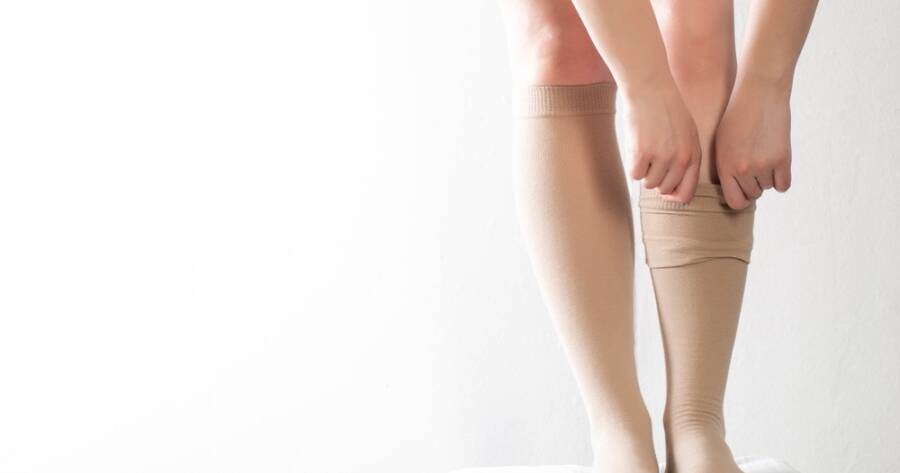Varicose veins can cause discomfort and affect confidence, but there are treatments that offer effective relief. From minimally invasive procedures to innovative therapies, understanding the latest options and costs can help you choose the best solution to reduce symptoms and improve your vein health.
What Are Varicose Veins?
Varicose veins are enlarged, twisted veins that typically appear on the legs and feet. They occur when the valves within the veins malfunction, causing blood to pool and the veins to become swollen and visible. While often considered a cosmetic issue, varicose veins can also cause symptoms such as pain, heaviness, swelling, and fatigue in the legs.1 In more severe cases, they may lead to skin changes, ulcers, or blood clots.
Factors such as age, genetics, pregnancy, obesity, and prolonged standing or sitting can increase the risk of developing varicose veins. Understanding the underlying causes and symptoms of varicose veins is essential for seeking appropriate treatment. If you experience discomfort or notice changes in your veins, it is important to consult with a qualified healthcare professional to evaluate your condition and discuss the best course of action.
How Are Varicose Veins Treated?
For mild cases of varicose veins, conservative treatments may be sufficient. These include lifestyle changes such as regular exercise, maintaining a healthy weight, and avoiding prolonged standing or sitting. Compression stockings can also be helpful in reducing swelling and discomfort. For more severe cases, medical treatments may be necessary.2
Minimally invasive procedures such as sclerotherapy—where a solution is injected to collapse the vein—or endovenous laser therapy (EVLT) and radiofrequency ablation (RFA)—which use heat to close off the affected veins—are effective. Surgical options, like vein stripping or phlebectomy, may be necessary for more complex cases. VenaSeal, a newer treatment, uses a medical adhesive to seal the vein shut.
What Treatment is Right for Me?
Determining the right treatment for varicose veins depends on several factors, including the severity of your condition, symptoms, overall health, and personal preferences. Some individuals may benefit from conservative measures like lifestyle changes and compression stockings, while others may require minimally invasive procedures or surgery to achieve optimal results.
It’s important to undergo a thorough evaluation by a qualified healthcare professional who can assess the extent of your varicose veins and recommend the most appropriate treatment. Your healthcare provider will consider factors such as vein size, location, and any associated symptoms to tailor a treatment plan that meets your needs. Consulting with a specialist will also help you understand the risks, benefits, and expected outcomes of each option, allowing you to make an informed decision about your care. Always seek professional advice to ensure you receive the most effective and safe treatment for your condition.
Treatment Costs for Varicose Veins
The cost of treating varicose veins varies depending on the procedure type, extent of treatment, and insurance coverage. Minimally invasive options like sclerotherapy cost between $350 and $500 per session, while advanced treatments such as EVLT or RFA range from $1,500 to $3,000 per leg.3 VenaSeal can cost $3,000 to $5,000, and surgical procedures like vein stripping may reach $4,000.
Insurance may cover treatments deemed medically necessary, but cosmetic procedures are often out of pocket.4 Compression stockings, a common conservative option, cost $50 to $200. Be sure to check with your provider for coverage and payment plans to avoid unexpected expenses.
Why You Should Learn More About Varicose Veins
Varicose veins are a common condition that can affect people of all ages. While they are often not a serious medical concern, they can cause discomfort, pain, and even lead to more serious complications.
By learning more about varicose veins and the latest treatment options, you can take control of your health and well-being. Learn more about varicose veins and the various treatments available, and consult with a qualified healthcare professional to discuss the best options for you.

